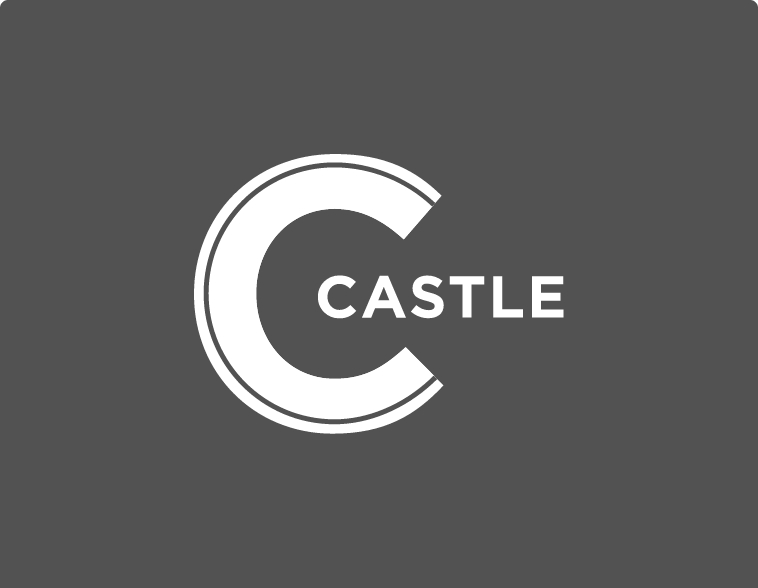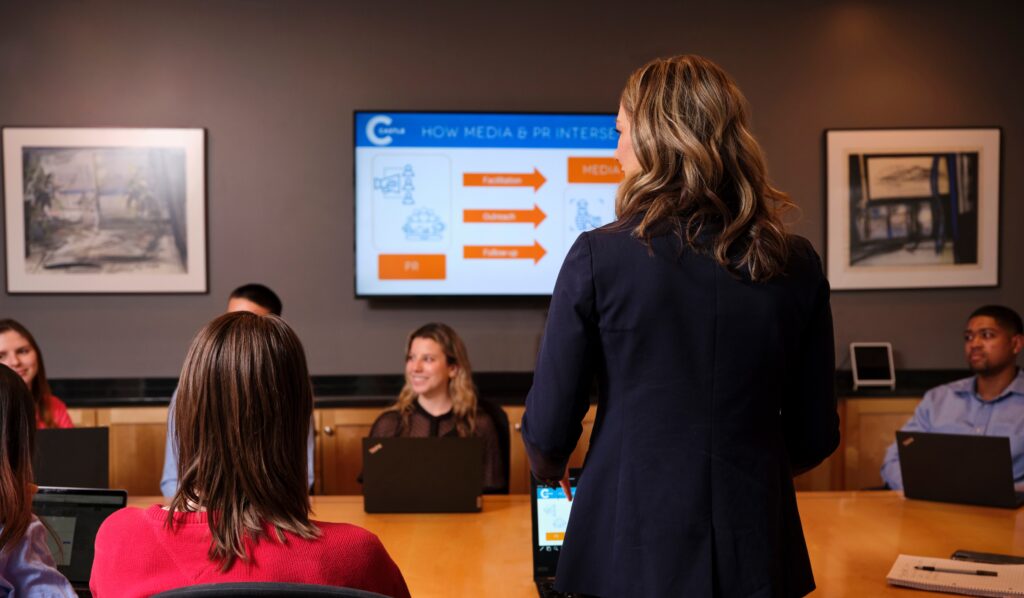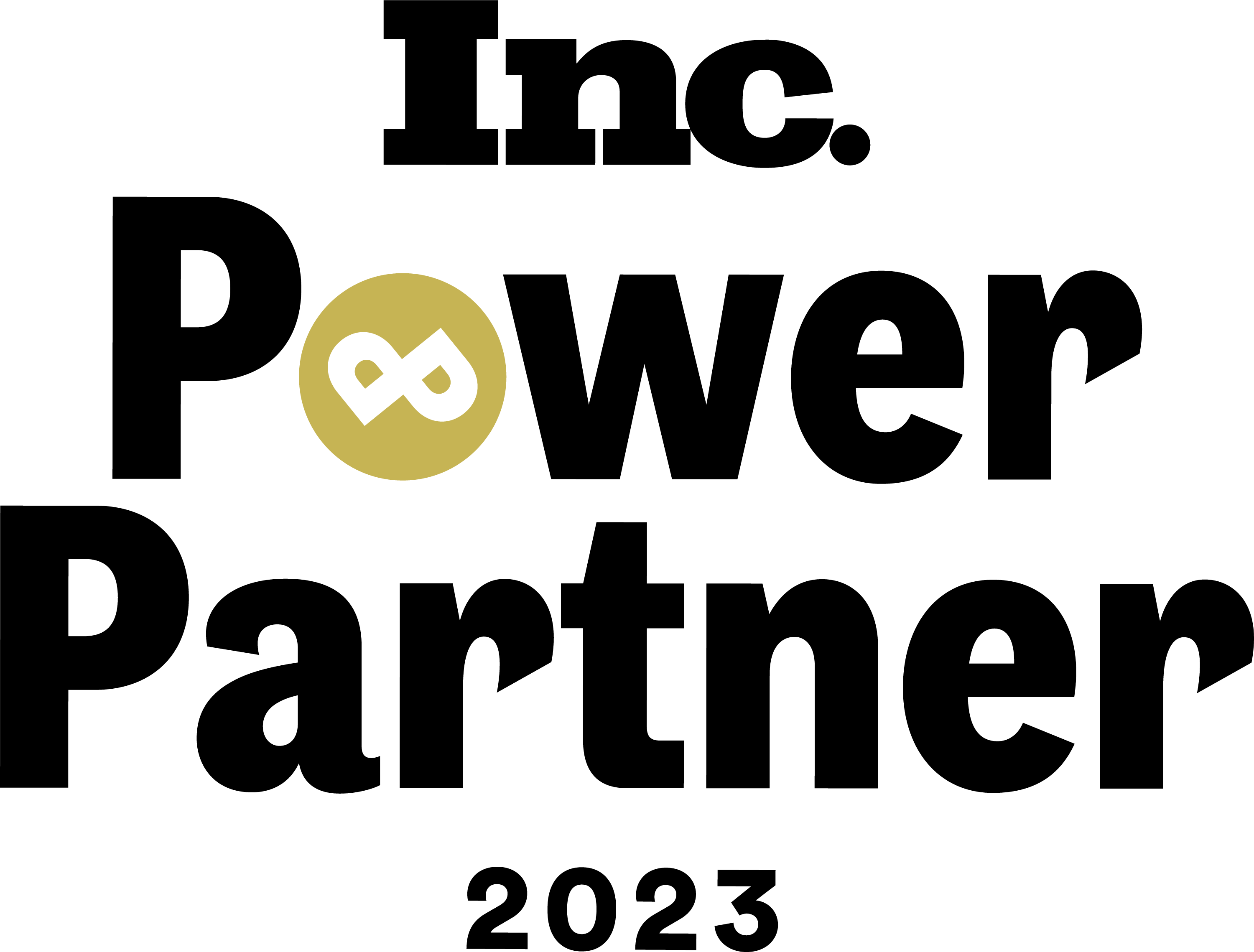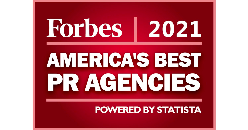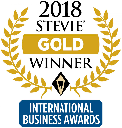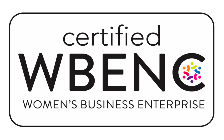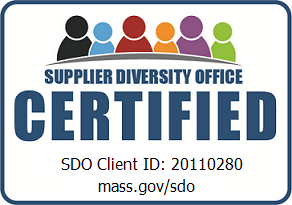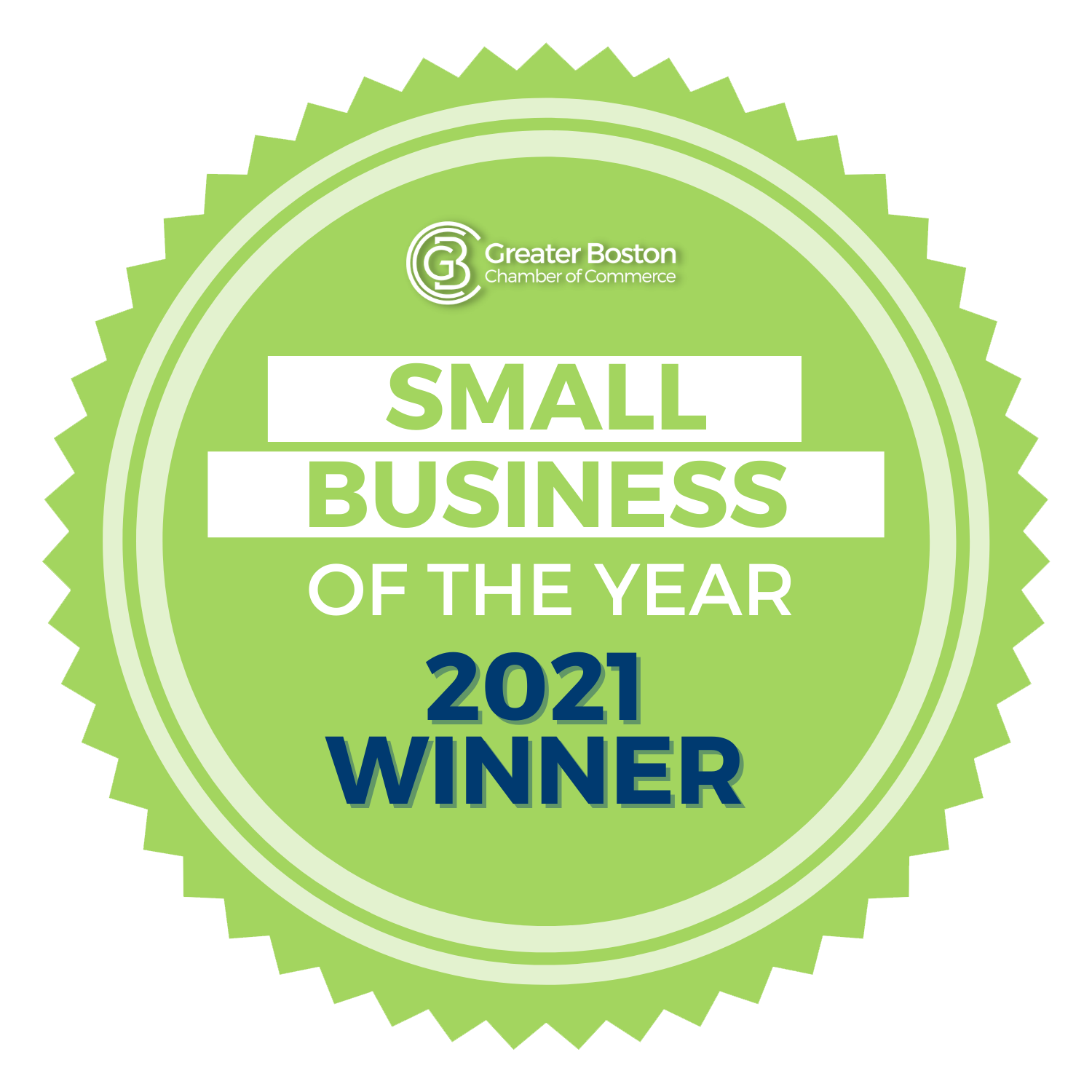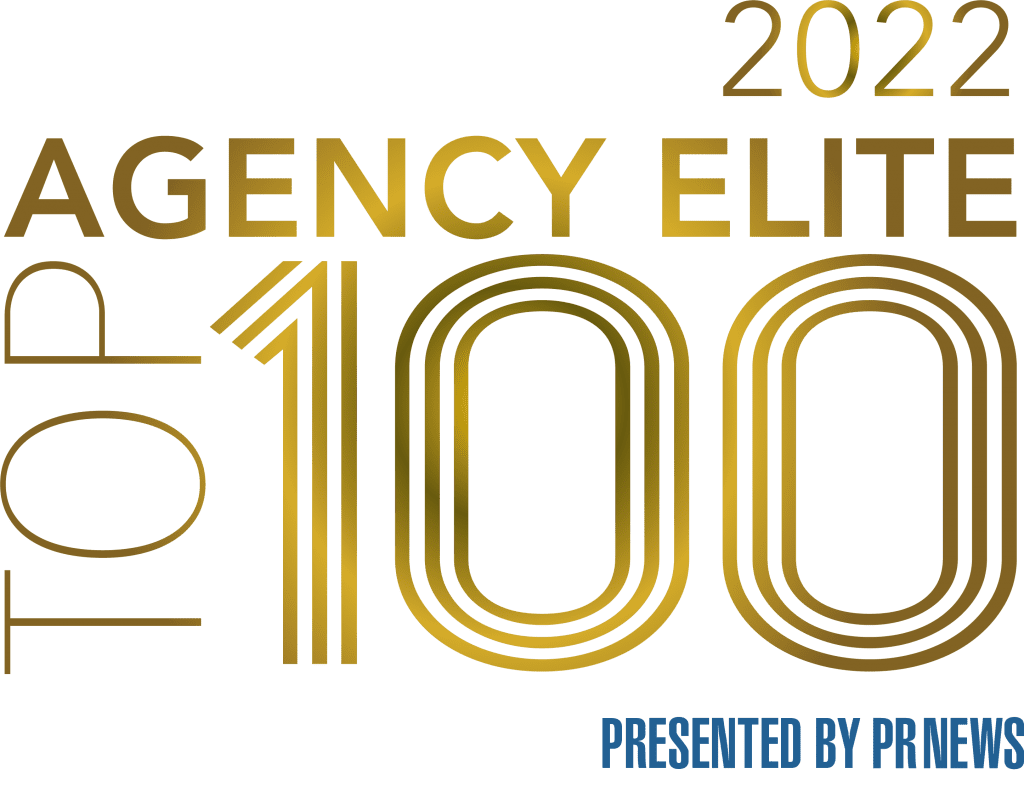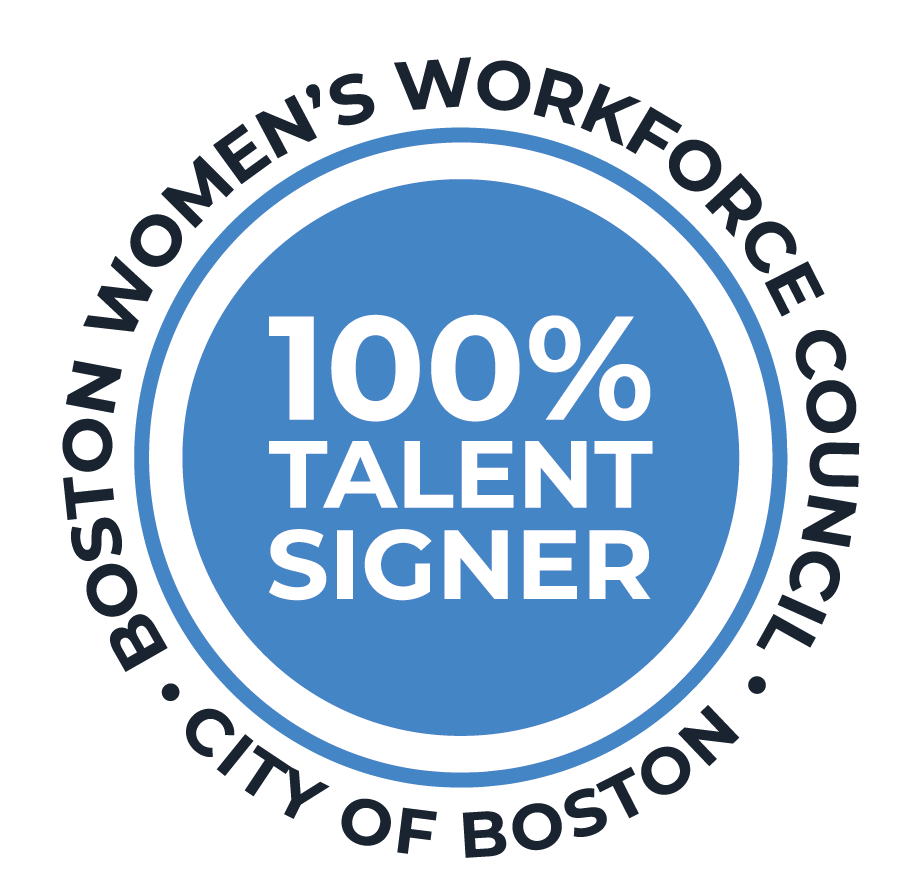The holiday season is a busy time for all of us. And each year it seems to get busier (and start earlier, for whatever reason).
You might actually feel sick looking at an Outlook calendar that more accurately resembles a Tetris game than a practical schedule. But each one of those “busy” blocks – especially the after-hours ones that represent holiday parties – are opportunities to work on your own personal elevator pitch.
I’m not suggesting you go into each party with the intent to win business, particularly since almost all holiday parties are intended to provide a time to relax, unwind and spend time with neighbors, friends and family.
However, after you provide updates on family members, where the kids are in school and talk about the weather and local sports teams, the conversation will inevitably turn to one of two things: what you do for a living or politics. Unless you can’t get enough back and forth on the subject or just enjoy pushing buttons for the fun of it, the latter is probably best to avoid. Especially if alcohol has been consumed. The former represents a wonderful opportunity to describe what you do for 40 hours a week. Plus, you never know what kind of connections you’ll make and where those connections might lead.
So what should your personal elevator pitch include? Here are three quick tips for making the most of holiday party small talk.
Don’t forget to say your name.
Seems obvious, doesn’t it? Many people forget to introduce themselves or explain how they are connected to the party host. Even if you have a nametag on, it’s still important to say your name out loud. And it’s even more important if you don’t know the person. In my case, it always helps that I have a nice German last name that everyone spells wrong. “Hauserman. H A U S E R M A N. Yes, with an ‘A.’ And Philip – yes, Philip, not Phil.”
Explain where you work and what you do in as few words as possible.
A short, understandable overview of your profession will help prevent the other person’s eyes (or mind) from wandering around the room. And, if possible, it helps to tailor that explanation to fit the person you are talking with, especially if you are introduced as a “PR pro” or “crisis management expert.” Here are three examples:
- Traditional explanation: “I lead the Atlanta office of The Castle Group, a Boston-based public relations and events firm that helps corporations, professional service firms and educational institutions develop and implement communications strategy.”
- Tailored crisis explanation: “I lead the Atlanta office of The Castle Group, a Boston-based communications consultancy that specializes in communications strategy and crisis management.”
- Tailored PR explanation: “I lead the Atlanta office of The Castle Group, a Boston-based public relations firm that helps corporations, professional service firms and educational institutions connect with the audiences that matter most.”
Provide an example of your work.
People are more apt to understand examples of what you do. Plus, stories that illustrate your work are far more interesting (and may plant a seed that will help the listener recall the conversation weeks later). “We recently helped a school work through a sensitive situation involving allegations of sexual assault” or “Our work helped land a client in the Business section of The Wall Street Journal” are two simple explanations that will likely prompt additional questions and continued conversation.
Most importantly, however, always remember to be yourself. Don’t be a robot! What you say has to reflect your tone, your style and your voice.
And have fun! Holiday parties are meant to be enjoyable get-togethers, full of light, life and appreciation for another year of health and happiness.




